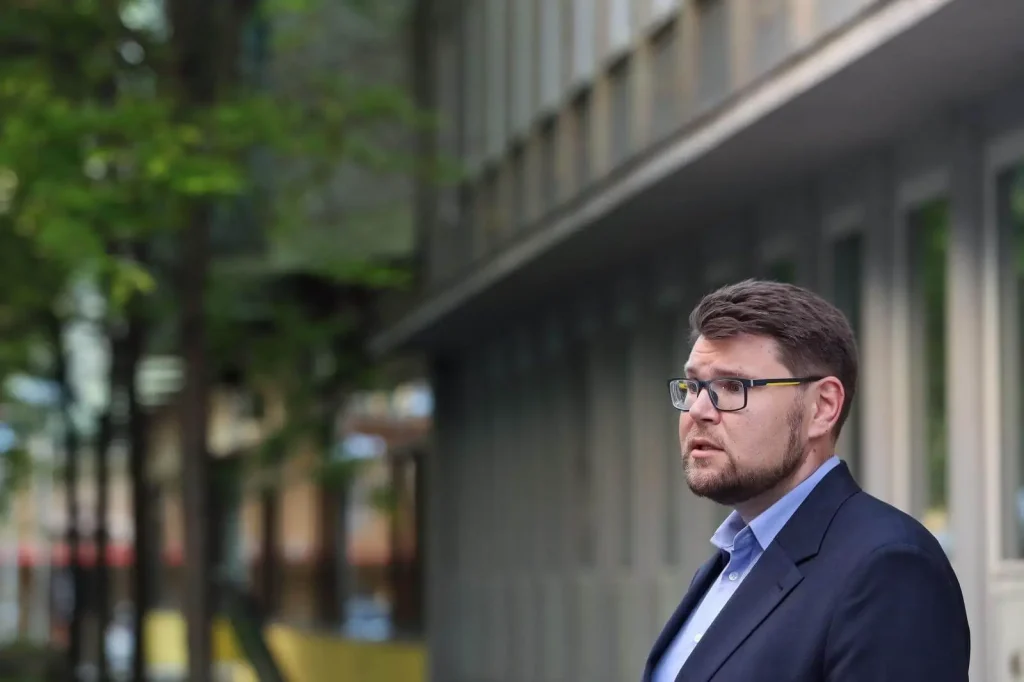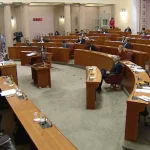The chair of the SDP’s Varaždin County branch, Barbara Antolić Vupora, told the press that new Mayor Neven Bosilj and his deputy Miroslav Marković were fighting “a corrupt, clientelist octopus,” offering a management model in the service of citizens.
“Very concrete things have been done,” Grbin said, adding that the number of people on supervisory boards and their fees had been reduced, “thus ensuring savings that will raise the quality of running the city for all.”
He said Varaždin would launch the most important project for citizens in September, budget transparency. “Then the clientelist-corruption octopus that ruled Varaždin for years will not be possible ever again.”
Speaking of those ousted from the party, Grbin said that those who had worked against SDP interests and those who had not been involved in local elections campaigns could not come back.
This is no score-settling with anyone, including former president Davor Bernardić.
Asked about the national COVID-19 crisis management team’s latest decisions on restrictions for unvaccinated people and job-keeping payments, Grbin called them “insufficiently conceived.”
He said the government’s project to have 55% of the population vaccinated by 1 July “failed because the vaccination campaign doesn’t work adequately,” and that people were not clear on the benefits of vaccination and the consequences of non-vaccination.
“Instead of mustering the political courage to say that vaccination will be mandatory, the government is imposing the obligation of vaccination in other ways. People will revolt.”
Grbin wondered whether making job-keeping payments conditional on vaccination “is a call on employers to fire those who are not vaccinated.”
“What the government is doing won’t contribute to improving the economic situation and fighting poverty. On the contrary, it can expand inequality.”
Grbin announced that this autumn Varaždin would launch a project to fight period poverty by providing elementary school girls with hygienic menstrual products “which they couldn’t afford otherwise.”
He said that one in three women in Croatia could not afford those products.
For more on politics, follow TCN’s dedicated page.
For more about Croatia, CLICK HERE.











